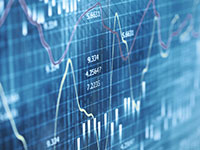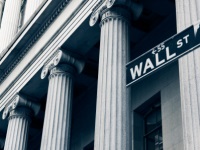We first heard about the SEC’s increased focus on high-frequency trading in June 2014 when the SEC announced its desire to promulgate new rules on high frequency trading to address the lack of transparency in dark pools and alternative exchanges and to curtail the use of aggressive, destabilizing trading strategies in vulnerable market conditions. However, the SEC and other regulators may not need to rely on new rules to regulate high frequency trading. The United States Commodity Futures Trading Commission special counsel Greg Scopino recently published an article in the Connecticut Law Review arguing that certain high frequency trading tactics violate federal laws against spoofing and wash trading.
Additional Avenues May Be Available for Federal Regulators to Curtail Deceptive Practices in High Frequency Trading



